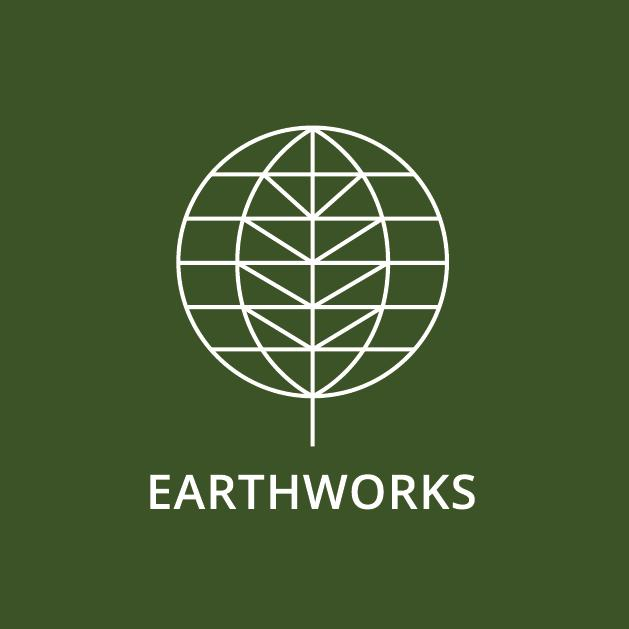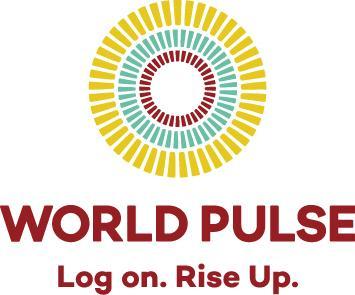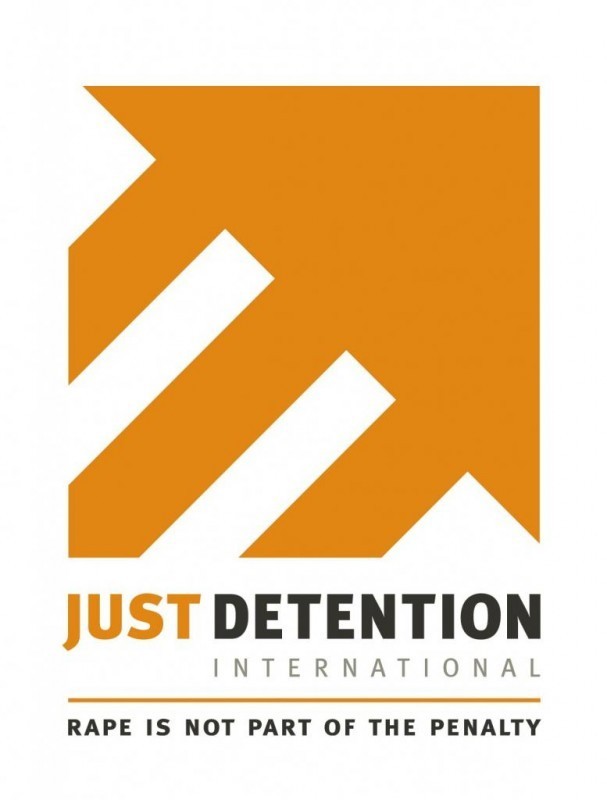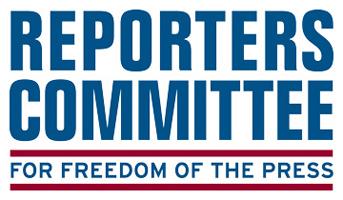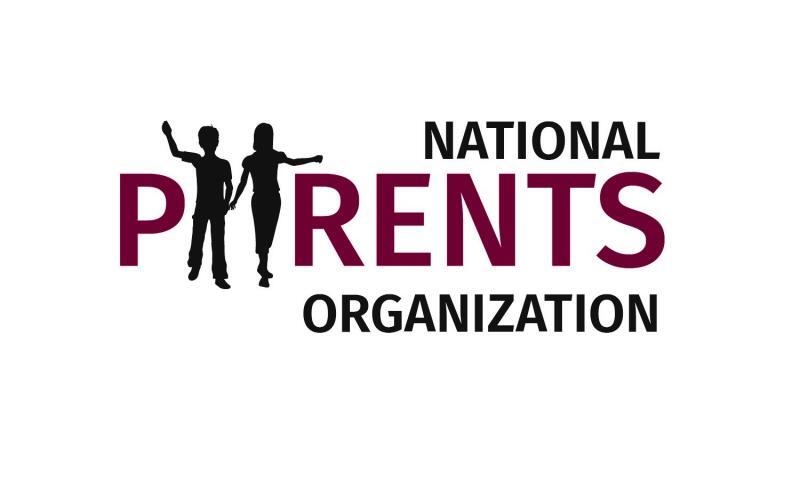Causes: Civil Rights, Minority Rights, Voter Education & Registration, Voting Rights
Mission: Fairvote educates americans on how best to remove the structural barriers to a representative democracy that respects every voice and every vote in every election. Grounded in its unique networks, analysis, strategic insight and body of research, fairvote acts as a catalyst for electoral reform and voting rights policies designed to increase voter participation, meaningful ballot choices, and fair representation. We study elections and electoral rules, develop educational resources, convene strategic conferences, write extensively about our proposals, and engage with reformers, thought leaders, and journalists.
Programs: Fair representation projects feature three areas of work: research and education about the contrast between winner-take-all election systems and fair representation voting systems; the impact of legislative rules on collaborative policymaking; and research and education about representation of women in elected office. We believe national, state and local legislatures should fully reflect our nation's diversity, and like-minded voters should earn representation in proportion to their shares of the vote. We advance fair representation voting systemsforms of proportional representation rooted in american electoral traditionsto promote meaningful representation for all voters, (continued on schdule o) with a particular focus on ranked choice voting. Examples of our 2014 work in this area included: producing projections for over 85% of 2016 u. S. House elections two days after the 2014 election as part of monopoly politics, a project designed to illustrate how single-winner districts dampen competition and produce distorted representation in congress (see www. Fairvoting. Us); publishing a detailed report on 2013 city elections in cambridge, mawhich uses a form of fair representation votingthat explored how better electoral structures can empower candidates from ethnic and political minority groups to win their fair share of representation; publishing redistricting reform in the south, a major research report comparing a number of proposals for reforming the american south's uniquely problematic legislative district maps; and submitting amicus briefs and engaging in outreach in several federal and state voting rights cases where forms of representation voting were considered. Three california jurisdictions decided to adopt cumulative voting; fairvote's amicus brief in one california case, crafted with the pro bono help of hogan lovells, helped create the legal foundation for these decisions. We expanded our representation2020 project on women's representation, including holding a well-attended roundtable with representatives of more than 10 women's organizations on structural approaches to election of more women. Our state of women's representation 2014 report was well-received by women's leaders now looking at structural solutions like fair representation voting. Our collaborative policymaking project focused on a major report written in partnership with the bipartisan policy center on examples of different rules employed in states around the country that affect the ability of elected representatives to have their proposals considered and to participate in policymaking more generally. The report prompted valuable discussions among many state legislators about the ideas in the report at both the august and december meetings of the national conference of state legislators.
fair elections projects focus on approaches to reforming presidential elections and traditional plurality voting and runoff voting systems. This work is grounded in fairvote's belief that americans should have elections that accommodate meaningful voter choice, create incentives for higher voter participation, make every vote equally meaningful, and enable voters to hold their elected officials more accountable by upholding majority rule. In 2014, our fair elections work focused primarily on research and conferences on options for reforming presidential elections and education, advocacy and implementation assistance relating to ranked choice voting (rcv, also termed "instant runoff voting") as a policy alternative to traditional plurality voting and runoff elections. (continued on schdeule o)examples of our 2014 program work in this area included: publishing preliminary results of a major research project studying the effects of ranked choice voting on civility and voter engagement in campaigns, carried out in concert with the rutgers eagleton poll and political scientists from the university of iowa and western washington university and involving telephone surveys of more than 4,800 respondents in seven cities holding rcv elections and 14 control cities; conducting educational outreach to voters and candidates in the 2014 elections held with rcv in berkeley, oakland, san francisco, and san leandro (ca); delivering testimony on how rcv ballots can empower and educational initiatives in states like alabama and maine designed to generate public dialogue; holding a series of conferences and seminars on presidential election reforms; and releasing a report on the relative presidential vote in urban, suburban and rural areas
fair access projects are rooted in a belief that all eligible voters in the united states should have fair access to voting through an explicit constitutional guarantee of the right to vote and policies that anticipate and encourage participation. We have developed policy proposals that would move us toward full and accurate voter rolls and secure, transparent and accountable election administration. Examples of our 2014 program work in this area included: maintaining our widely-used website resources on turnout in the united states and other nations; hosting a two-part hill briefing on strengthening voting rights and reforming congressional elections; holding an invitation-only conference at the (continued on schdedule o) university of district of columbia that drew more than 50 voting rights and electoral reform activists to consider different proposals; and on developing our promoteourvote. Com project, designed to spark new thinking about suffrage and civic participation in communities in the spirit of a constitutionally guaranteed right to vote. This project presents resources such as model resolutions for communities and campuses to pass that support a strongly protected right to vote and commit to exploring means to encourage greater voter participation. We also released an excellent new online resource in the form of our policy guide 2015 on proposals designed to spur participation and provide fair representation, with dozens of policy briefs and ready-to-use model statutes that featured ideas from all three of our major project areas.
Mission: Fairvote educates americans on how best to remove the structural barriers to a representative democracy that respects every voice and every vote in every election. Grounded in its unique networks, analysis, strategic insight and body of research, fairvote acts as a catalyst for electoral reform and voting rights policies designed to increase voter participation, meaningful ballot choices, and fair representation. We study elections and electoral rules, develop educational resources, convene strategic conferences, write extensively about our proposals, and engage with reformers, thought leaders, and journalists.
Programs: Fair representation projects feature three areas of work: research and education about the contrast between winner-take-all election systems and fair representation voting systems; the impact of legislative rules on collaborative policymaking; and research and education about representation of women in elected office. We believe national, state and local legislatures should fully reflect our nation's diversity, and like-minded voters should earn representation in proportion to their shares of the vote. We advance fair representation voting systemsforms of proportional representation rooted in american electoral traditionsto promote meaningful representation for all voters, (continued on schdule o) with a particular focus on ranked choice voting. Examples of our 2014 work in this area included: producing projections for over 85% of 2016 u. S. House elections two days after the 2014 election as part of monopoly politics, a project designed to illustrate how single-winner districts dampen competition and produce distorted representation in congress (see www. Fairvoting. Us); publishing a detailed report on 2013 city elections in cambridge, mawhich uses a form of fair representation votingthat explored how better electoral structures can empower candidates from ethnic and political minority groups to win their fair share of representation; publishing redistricting reform in the south, a major research report comparing a number of proposals for reforming the american south's uniquely problematic legislative district maps; and submitting amicus briefs and engaging in outreach in several federal and state voting rights cases where forms of representation voting were considered. Three california jurisdictions decided to adopt cumulative voting; fairvote's amicus brief in one california case, crafted with the pro bono help of hogan lovells, helped create the legal foundation for these decisions. We expanded our representation2020 project on women's representation, including holding a well-attended roundtable with representatives of more than 10 women's organizations on structural approaches to election of more women. Our state of women's representation 2014 report was well-received by women's leaders now looking at structural solutions like fair representation voting. Our collaborative policymaking project focused on a major report written in partnership with the bipartisan policy center on examples of different rules employed in states around the country that affect the ability of elected representatives to have their proposals considered and to participate in policymaking more generally. The report prompted valuable discussions among many state legislators about the ideas in the report at both the august and december meetings of the national conference of state legislators.
fair elections projects focus on approaches to reforming presidential elections and traditional plurality voting and runoff voting systems. This work is grounded in fairvote's belief that americans should have elections that accommodate meaningful voter choice, create incentives for higher voter participation, make every vote equally meaningful, and enable voters to hold their elected officials more accountable by upholding majority rule. In 2014, our fair elections work focused primarily on research and conferences on options for reforming presidential elections and education, advocacy and implementation assistance relating to ranked choice voting (rcv, also termed "instant runoff voting") as a policy alternative to traditional plurality voting and runoff elections. (continued on schdeule o)examples of our 2014 program work in this area included: publishing preliminary results of a major research project studying the effects of ranked choice voting on civility and voter engagement in campaigns, carried out in concert with the rutgers eagleton poll and political scientists from the university of iowa and western washington university and involving telephone surveys of more than 4,800 respondents in seven cities holding rcv elections and 14 control cities; conducting educational outreach to voters and candidates in the 2014 elections held with rcv in berkeley, oakland, san francisco, and san leandro (ca); delivering testimony on how rcv ballots can empower and educational initiatives in states like alabama and maine designed to generate public dialogue; holding a series of conferences and seminars on presidential election reforms; and releasing a report on the relative presidential vote in urban, suburban and rural areas
fair access projects are rooted in a belief that all eligible voters in the united states should have fair access to voting through an explicit constitutional guarantee of the right to vote and policies that anticipate and encourage participation. We have developed policy proposals that would move us toward full and accurate voter rolls and secure, transparent and accountable election administration. Examples of our 2014 program work in this area included: maintaining our widely-used website resources on turnout in the united states and other nations; hosting a two-part hill briefing on strengthening voting rights and reforming congressional elections; holding an invitation-only conference at the (continued on schdedule o) university of district of columbia that drew more than 50 voting rights and electoral reform activists to consider different proposals; and on developing our promoteourvote. Com project, designed to spark new thinking about suffrage and civic participation in communities in the spirit of a constitutionally guaranteed right to vote. This project presents resources such as model resolutions for communities and campuses to pass that support a strongly protected right to vote and commit to exploring means to encourage greater voter participation. We also released an excellent new online resource in the form of our policy guide 2015 on proposals designed to spur participation and provide fair representation, with dozens of policy briefs and ready-to-use model statutes that featured ideas from all three of our major project areas.
info@fairvote.org
6930 Carroll Ave Ste 240, Takoma Park, MD 20912
301-270-4616
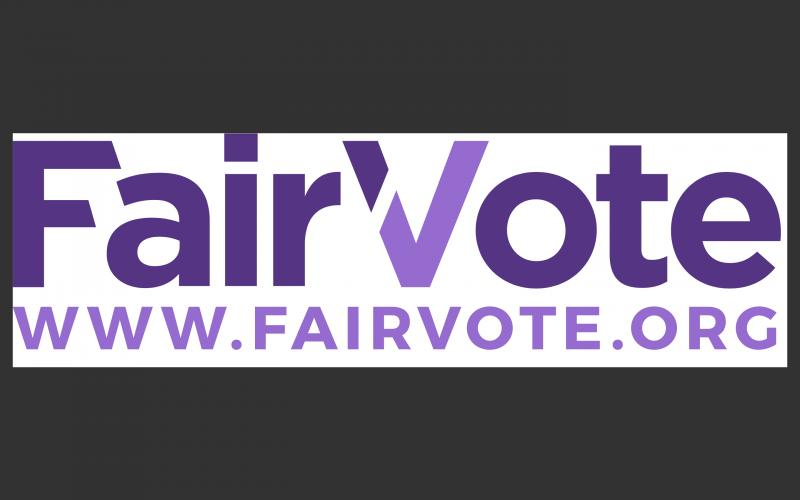
Civil Rights
Takoma Park




